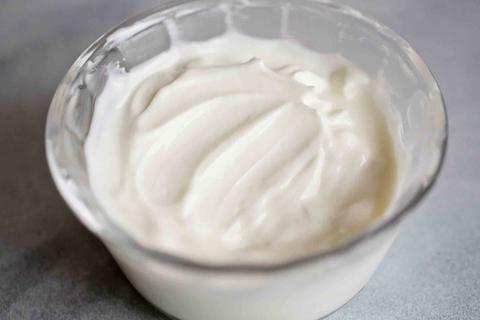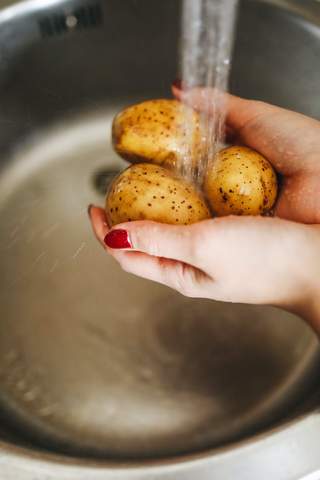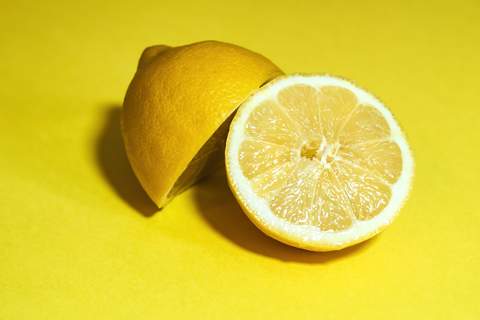by Vaishali Sudan
What are parents worried about? Parents worry the most about their children’s’ health. And, one of the health issues at the top the charts is loose motions in children. Did you know that our little ones get diarrhea more often than adults? It’s often miserable but nothing major to worry about. The timely cure is helpful, however, if the condition doesn’t get better, one must consult his/her pediatrician.
So what really happens in the gut? Well! Something gone terribly wrong in the body’s GI (gastrointestinal system) triggers loose motions. Low immunity and not enough healthy bacteria in the gut heightens the problem. Let’s deep dive. I consulted my own pediatrician to get to the core of this health problem.
5 Natural Home Remedies For Loose Motions In Kids That My MIL Told Me, And They Worked
What is Diarrhea/Loose Motions?
An increase of watery or very loose stool accompanied by fever or (no fever), stomachache, headache, is the definition of Diarrhea. It is usually caused by food allergies, food poisoning, infections from viruses like rotavirus, bacteria like salmonella, and, rarely, parasites like giardia. Most of the time, loose motions is not a serious problem and can be treated at home.
Treat/Stop loose motions in children with these 3 simple home remedies:
1. Probiotics
By far, the most effective food in curing loose motions is the intake of probiotics, such as yogurt, buttermilk, etc. Probiotics are rich with strains of ‘good’ bacteria which helps the body to get rid of ‘bad’ bacteria sitting in the digestive tract of your little one. Include yogurt (set at home) in your child’s meal.
They also boost the immune system and treat conditions like acid reflux, constipation (basically GI-related health conditions). Be sure to eat gut-friendly foods.

Should your child take probiotic supplements? We will be covering this topic in our subsequent blog post!
2. Potassium-rich foods
High potassium fruits and veggies such as avocados, sweet potatoes, spinach, bananas, and potatoes are good to include in your child’s meals. Potassium-rich foods include a water-soluble fibre- called pectin which is exceptionally good for the intestines. Eating food rich in this mineral also eases the body from dehydration and fatigue.
You could prepare a ripe banana recipe for your child or include organic banana powder in his/her yogurt.
Giving coconut water to your child can also be very very helpful. Other than Potassium, coconut water contains four key electrolytes – sodium, calcium, magnesium, and phosphorus. It contains easily digested carbohydrates – the form of sugar and electrolytes which provide energy.

Did you know: One single baked, skinned potato has 1,000 milligrams of potassium, which is more than twice what a single small banana boasts?
3. Citrus Fruits
Citrus foods such as lemon, gooseberry (amla), and sweet lime, are natural cleansers. They help to flush out the toxins that accumulate in your body. One tip here is to make sure not to give citrus foods on an empty stomach or at night. It can lead to excess acidity.

Pro-tip:
Keep your child hydrated as he/she is ought to lose most of the water from the body. Here’s something you can easily and effectively implement at home:
1. According to Dr. Himanshu Sharma, pediatrician, “to keep your child from dehydration, make a solution of sugar (1 tsp), salt (1/2 tsp), and 1 glass of water, this is also known as Oral Re-hydration System (ORS). Encourage your little one to drink this solution twice or thrice daily depending upon the magnitude of his/her problem till you are back on track.”
2. If you blend amla (Indian gooseberry) with a very small amount of organic jaggery, the resulting drink can help to calm your child’s stomach.
3. A little bit of lemon in a cup with warm water is a simple and soothing home remedy.
4. Eat light! Food recipes such as home-made khichri, mashed rice, etc are really helpful during diarrhea days.
